Scotland’s fishing fleet is facing a “huge squeeze” as offshore wind farms and highly protected marine areas (HPMAs) create more crowded seas, the industry has warned.
Elspeth Macdonald, chief executive of the Scottish Fishermen’s Federation (SFF), urged the UK and the Scottish governments to “recognise and acknowledge” the key role of fishing in food security, employment and net-zero ambitions.
The industry is facing “real threats” to its ability to produce “climate-smart” food, she said.
She was speaking after a survey indicated strong public support for a viable future for fishing.
Asked if governments should ensure “fishing communities are not squeezed out of our increasingly crowded seas”, more than three-quarters (78%) of those who took part in the study agreed. Just 4% disagreed.
Feeding the nation
Most people also believe low-carbon, high-protein food such as wild caught fish should be protected and nurtured to help feed the nation, with 76% agreeing and again just 4% disagreeing.
And 84% agreed that while energy security is important, so is food security. A mere 2% disagreed.
A total of 2,010 people were questioned for the survey on October 31 and November 1.
The public agree with us that the benefits of climate-smart energy should not be at the expense of climate-smart food.”
Elspeth Macdonald, chief executive, Scottish Fishermen’s Federation.
SFF said the “strong beliefs” highlighted by the study applied across all regions and nations of the UK, as well as all age groups and social classes.
It follows a report for the SFF and National Federation of Fishermen’s Organisations, published in June, showing more than half of Scottish waters could be closed to trawling by 2050 if the industry “continues to be marginalised” by other activities, as well as government policies encouraging more offshore renewables and HPMAs.
Growing competition for space
The report, Spatial Squeeze in Fisheries, produced by global marine consultancy ABPmer, was the first attempt to quantify the cumulative impact on commercial fishing of hugely increased competition for space in the marine environment.
In all of the future scenarios examined, Scotland was projected to lose far more of its waters to fishing than other parts of the UK.
Ms Macdonald said: “It is hugely encouraging that almost eight in 10 members of the public share our view that the fishing industry ought to be given much greater protection from the huge squeeze that is already under way off our coastlines and is predicted to get much worse.
“We fully recognise that decarbonisation is necessary to address climate change… and that offshore renewables in particular can contribute to this. However, that should not be at the expense of an industry that is already producing healthy, low-carbon protein.”
She added: “We have worked constructively with government for years on the existing network of marine protected areas, but the plans for designating at least 10% of Scotland’s waters as Highly Protected Marine Areas, with no specific aim of what they are intended to protect, brings real threats to our ability to produce climate-smart food efficiently and effectively.
"The outlook ahead is truly frightening." SFF CEO Elspeth Macdonald on the stark threat to the industry from offshore renewables & expansion of marine protected areas set to close 50% of Scottish waters to fishing by 2050. @MairiGougeon @VictoriaPrentis https://t.co/kHn38hPO31
— SFF (@sff_uk) June 30, 2022
“Both the UK and the Scottish governments need to recognise and acknowledge that our sustainable Scottish fisheries are vital for both food production and livelihoods, as well as contributing to Scotland’s net-zero goals.
“Our industry must be more effectively integrated into the marine spatial planning and decision-making systems.
“The public agree with us that the benefits of climate-smart energy should not be at the expense of climate-smart food.”
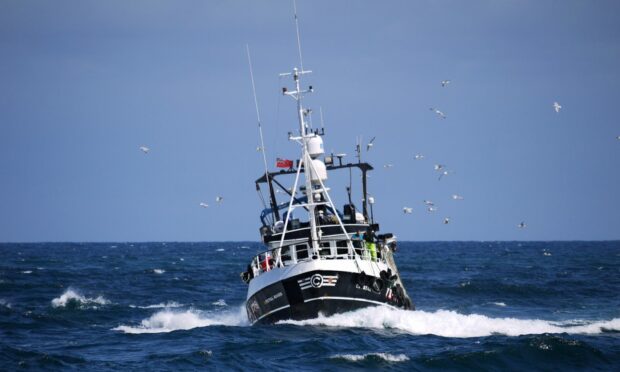
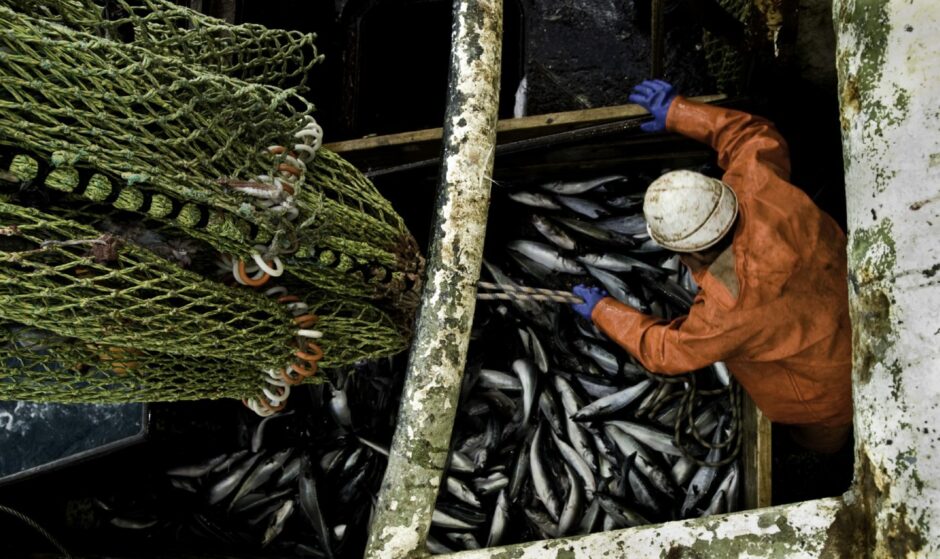
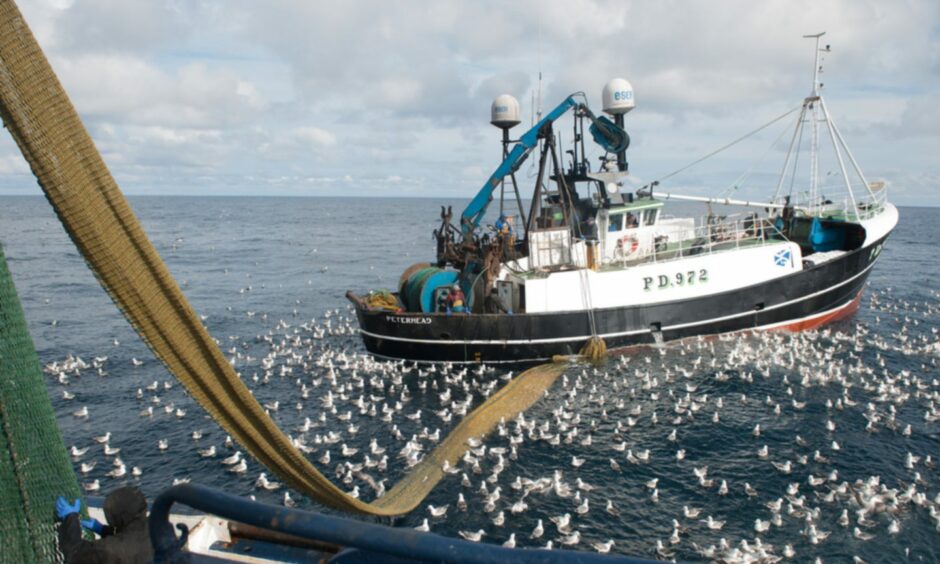
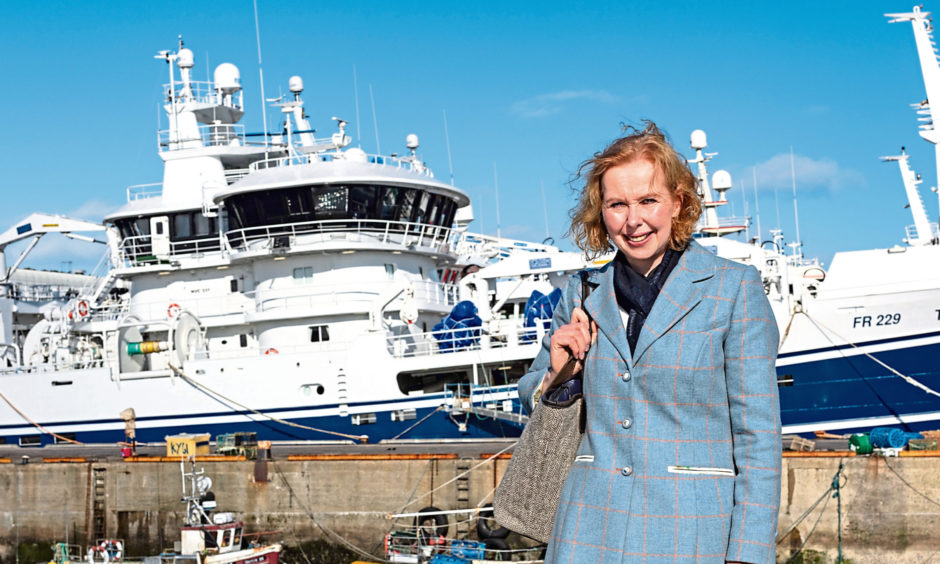

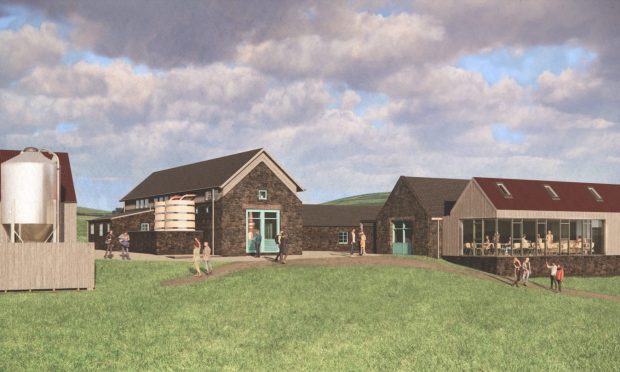

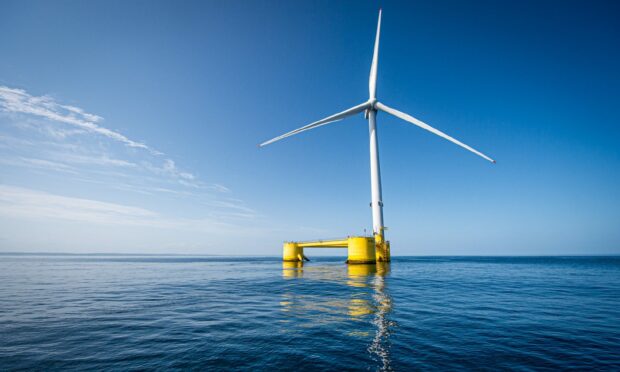
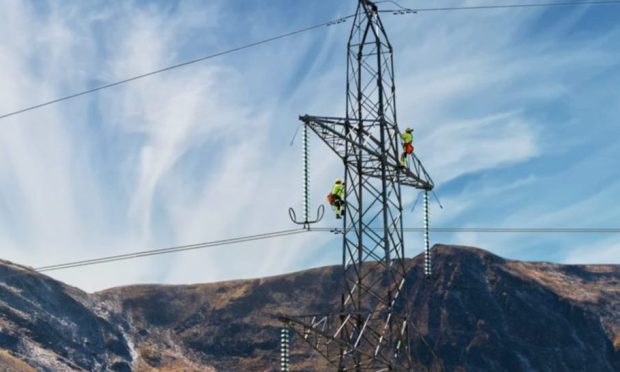
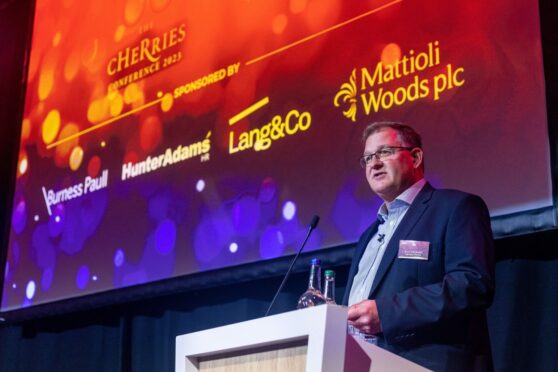

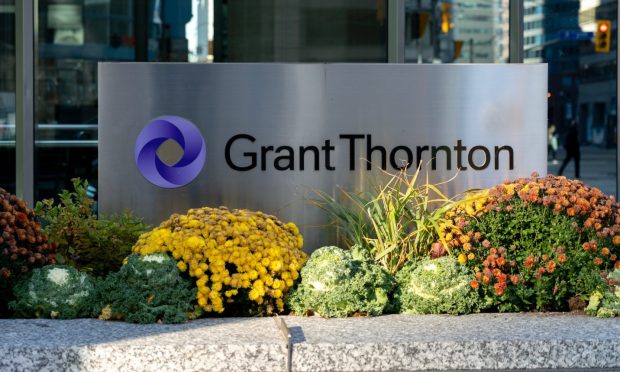
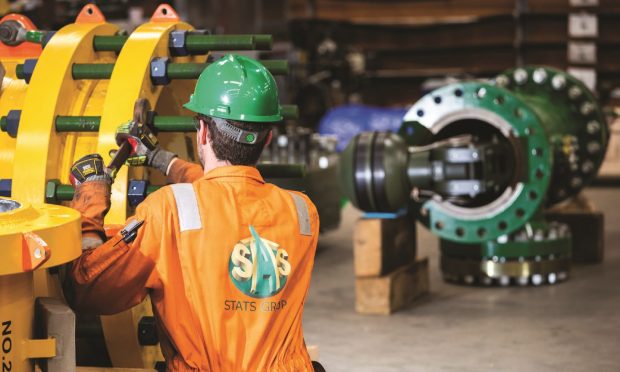
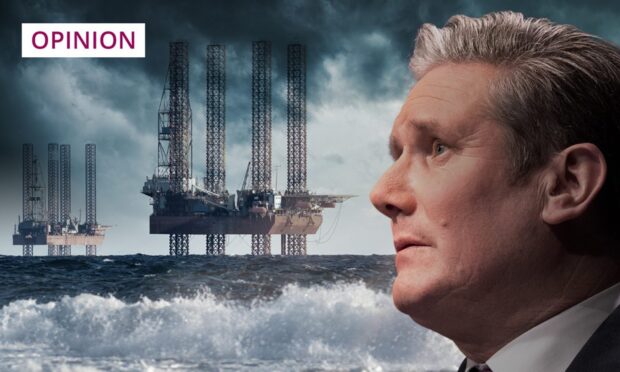
Conversation